China's richest man Zhong Shanshan sells pure spring water, but can Nongfu Spring stay clean and green?
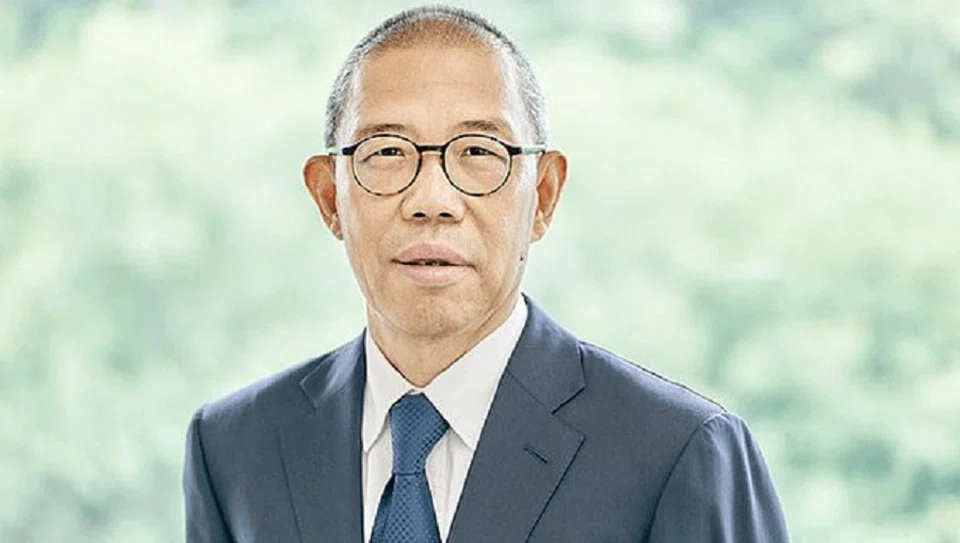
Based on this year's Hurun China Rich List and Forbes' list of China's 100 Richest published in early November, 68-year-old Zhong Shanshan, founder and chair of bottled water company Nongfu Spring, has retained his position as China's richest man with a net worth of US$62-65 billion, despite a dip of about 5% in his wealth from a year ago.
Nongfu Spring ranks first in China's packaged drinking water industry with a market share of about 20%, and a revenue growth that is also higher than the industry average. Its phenomenal growth in China has amazed many. How did ordinary bottled water become the fastest-growing segment of the beverage industry that is more profitable than milk and alcohol? How did Zhong become China's richest man?
Green and natural
Despite various industry analyses that have highlighted Nongfu Spring's production and marketing tactics, the emphases are on a green, natural and healthy product. Specifically, its success is attributed to its water sources, advertising and marketing approach, cost control method and sales channels, which are tied closely to its green and natural branding.
Advertising and marketing of Nongfu Spring hail natural products as the best and healthiest option. Marketing slogans such as "Nongfu Spring is a little sweet" (农夫山泉有点甜), where sweet could also mean endearing; and "We do not produce water, we are porters of nature" (我们不生产水,我们只是大自然的搬运工) won the hearts and trust of many Chinese consumers. And these slogans are bolstered by Nongfu Spring's water sources that are situated across China.
These water sources were given prominence in Nongfu Spring's prospectus for financing, highlighting their excellent ecological environment, sufficient precipitation and exceptional water quality.
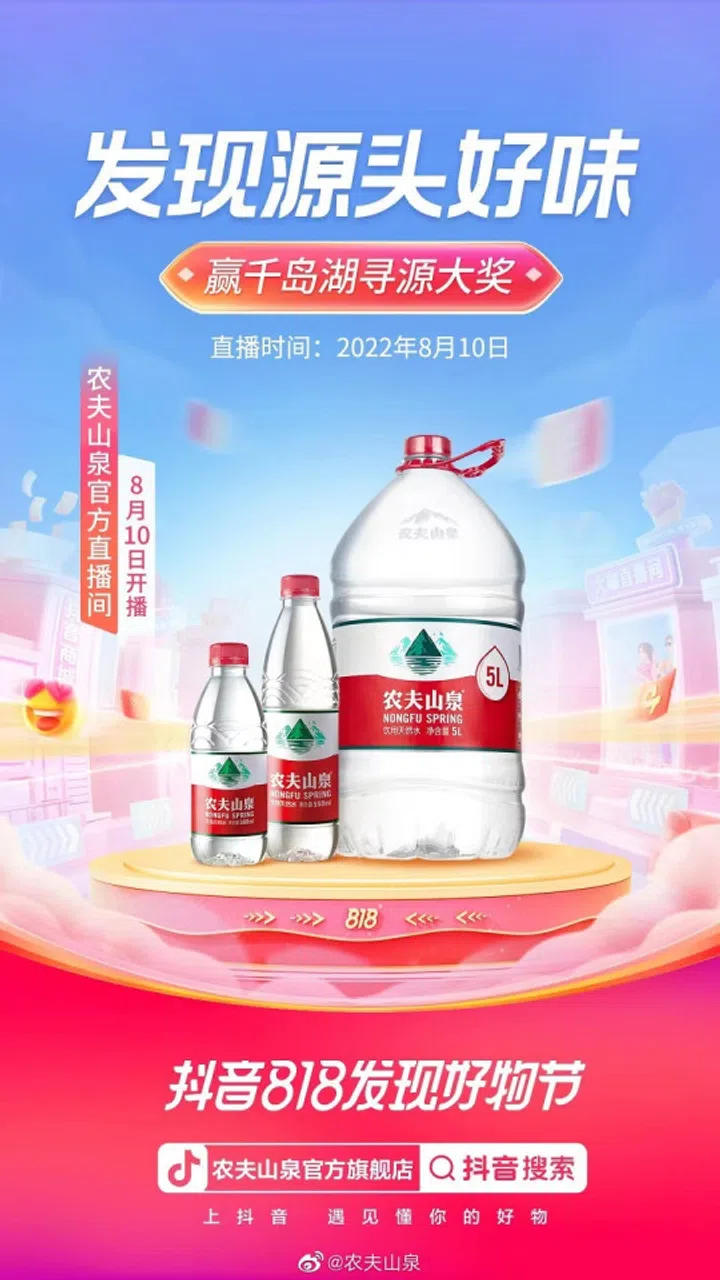
Since its founding in 1996, Nongfu Spring has actively expanded its water sources. Its first water source and production base are situated at Zhejiang's Thousand Island Lake. Thereafter, it searched and developed ten other water sources - from Zhejiang's Thousand Island Lake in the east, Xinjiang's Manas River in the west, Guangdong's Wanlü Lake in the south, to Heilongjiang's Greater Khingan Mountains in the north.
These water sources were given prominence in Nongfu Spring's prospectus for financing, highlighting their excellent ecological environment, sufficient precipitation and exceptional water quality. In short, the company only produces and transports the most natural water.
Nongfu Spring was also able to keep production and transportation costs down by taking advantage of the location of these natural water sources. Based on estimates, selling bottled water would be profitable in China if the retail markets are located within 500 km of the water source. However, once the delivery radius exceeds 500 km, fuel prices, toll charges and transit losses will push up transportation costs. In such cases, bottled water can only be profitable if it is priced at more than 2.5 RMB. But Nongfu Spring bottled water is still sold for 2 RMB/bottle today, a price that is affordable for the general public.
Transportation cost control has become an important way in which Nongfu Spring maintains profitability. Clearly, the countrywide search for quality water sources has not only ensured Nongfu Spring bottled water is "natural", it has also reduced costs for the company, since factories are built in close proximity to the water sources.
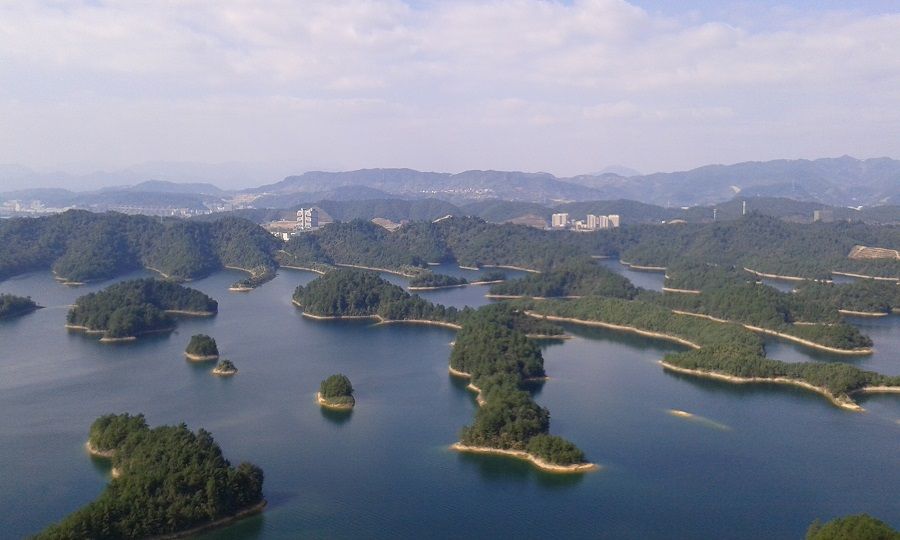
The company's production bases are also in close proximity to the main consumer market, as Zhejiang's Thousand Island Lake covers the free shipping zone of Jiangsu, Zhejiang and Shanghai; Sichuan's Mount Emei water source covers the three southwestern regions; Hubei's Danjiangkou covers central regions such as Hunan, Hubei, and Henan, and could be expanded to cover Sichuan and Chongqing; while Guangdong's Wanlü Lake water source covers the massive Pearl River Delta region.
... Nongfu Spring was accused of causing environmental damage when it was finding water sources.
Environmental backlash
However, it remains to be seen whether Nongfu Spring can maintain its green and natural branding in the long term, since it has faced several challenges in recent years. In 2013, dark floating particles were found in Nongfu Spring's bottled water as a result of the massive amount of garbage around one of its water sources in Danjiangkou.
Nongfu Spring responded that the garbage was from upstream and that the company had disposed of them by incineration. They assured that domestic waste has little impact on water quality, just like sand in rice. Although the matter has been resolved, consumers became worried that Nongfu Spring's water sources have been polluted.
The second incident was when Nongfu Spring was accused of causing environmental damage when it was finding water sources. Since 2010, the company has sought water sources in the area around Wuyishan city. On 1 August 2017, it signed an investment agreement with the local government, which was listed as a key project for Fujian province. However, on 11 January 2020, a video clip was circulated online, purportedly showing Nongfu Spring using heavy machinery at night against regulations and without approval from the park authorities. The company was accused of causing damage to the forest and vegetation in Wuyishan National Park.

However, on 12 January the park authorities responded on its WeChat account stating that following investigations, the location in the video clip was in fact 50 metres outside of the park boundaries.
Need to improve ESG capabilities
While these two incidents were smoothed over, ESG - environmental, social and governance factors - could become another issue that impacts all bottled water producers and might become the greatest challenge for drinking water, especially for Nongfu Spring.
As the company grows, Nongfu Spring has to stand guided by ESG. However, its current showing in ESG is not as good as its sales, and is in fact somewhat lacking.
Environmental factors refer to the attention companies give to areas such as climate change, natural resources, resource use, pollution prevention and biodiversity; social factors relate to workers, users (consumers), product liability, society, industry associations and supply chain management; while governance factors focus on shareholder profile, the makeup of the board of directors, senior management salaries, legitimacy of company actions, and company policies.
ESG is a set of corporate assessment criteria that focuses on the company's environmental, societal and governance effectiveness rather than financial results. It is also a set of values used to determine healthy corporate growth. As the company grows, Nongfu Spring has to stand guided by ESG. However, its current showing in ESG is not as good as its sales, and is in fact somewhat lacking.
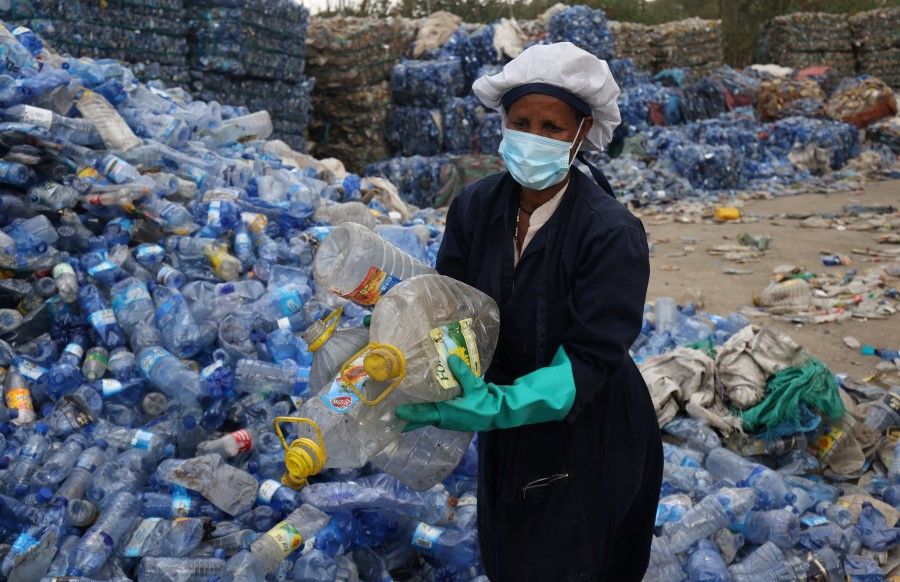
Nongfu Spring claims to be "porters of nature", but conservation groups believe that it is harming the environment. According to the company's data, its highest cost is PET bottles, which is the biggest problem in marine waste.
While the cost of extracting water is extremely low, PET bottles account for the largest proportion of costs. From 2017 to 2019, PET costs reached 2.23 billion RMB, 3.04 billion RMB and 3.38 billion RMB respectively, accounting for 29%, 31.9% and 31.6% of total sales costs. In contrast, the cost of extracting and processing water was just 116 million RMB, 131 million RMB and 135 million RMB, accounting for 1.5%, 1.37% and 1.26% of total sales costs.
... despite being "green" and "natural", Nongfu Spring does not have a recycling programme for its plastic bottles.
In addition, despite being "green" and "natural", Nongfu Spring does not have a recycling programme for its plastic bottles. Each year, it sends an unending stream of plastic pollution into nature. In stark contrast, over 60 countries and regions around the world are implementing a deposit system for recycling plastic bottles - each year, 40 billion units of drink packaging are collected globally, including mineral water bottles, cans and glass bottles.
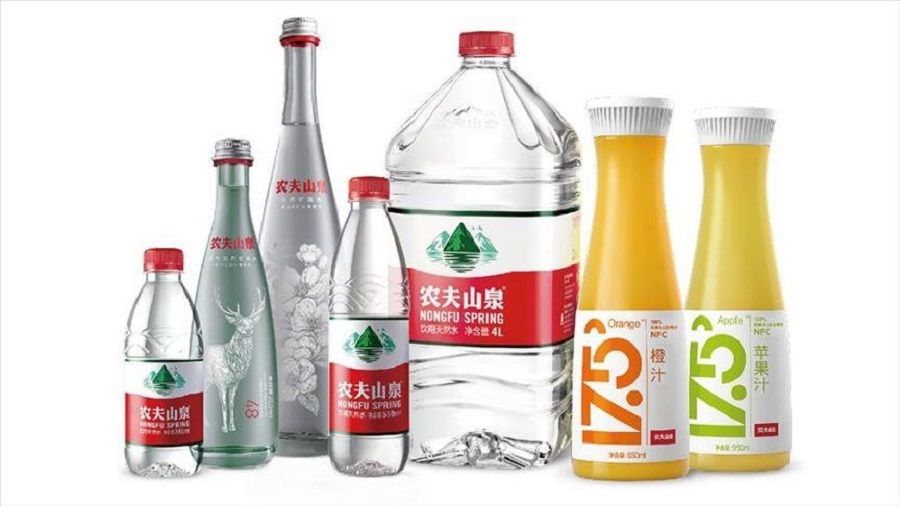
Clearly, Nongfu Spring needs to improve its ESG capabilities as it continues to grow, as this will determine the company's fate in several ways. First, consumers do not merely want to see the "green-ness" of water sources, but they also expect the company to have adequate ESG capabilities and protect the environment in each step of production, otherwise they might steer clear of such inauthentic green products.
Second, it could become a challenge for Nongfu Spring to seek future investments if it continues to neglect ESG, which is part of the regulations of Morgan Stanley Capital International and the Hong Kong Stock Exchange, as well as other funds.
Of course, all companies in China face the issue of ESG. If they can build and improve ESG capabilities, we can look forward to their future growth; otherwise they might go downhill and lose their shine.
